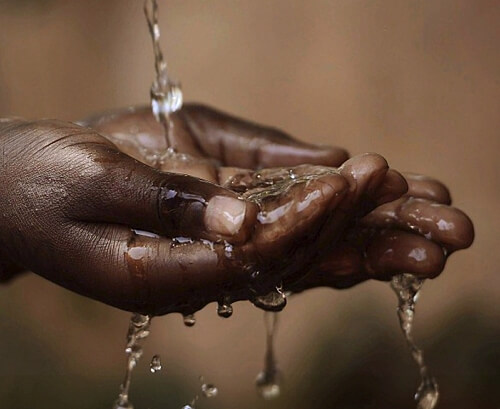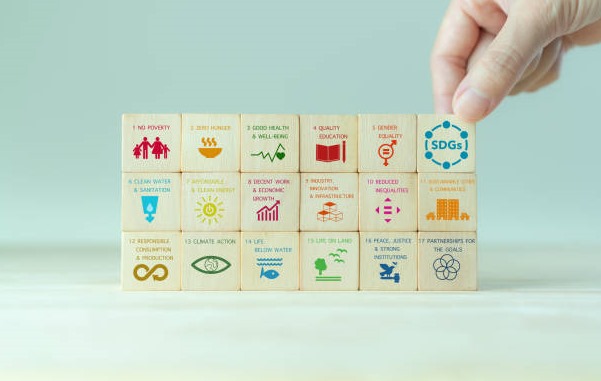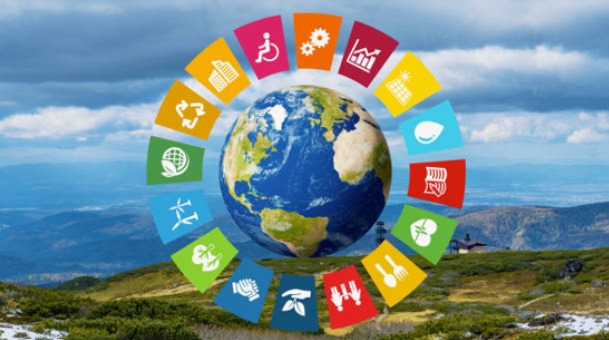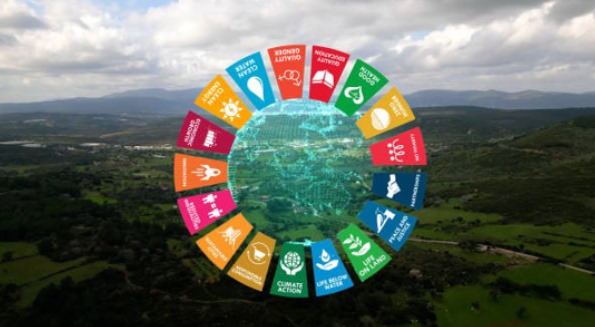About
| SDG
WWW.WOMENIMPACTINGNIGERIA.ORG
SDG
Gender equality is not only a basic human right, but its achievement has enormous socio- economic ramifications. Empowering women fuels thriving economies, spurning productivity and growth. Gender equality lies at the heart of the 2030 Sustainable Development Goals, accelerating it leads to a more rapid increase in progress towards achieving the 2030 agenda. Gender equality is a goal in its own right enshrined in SDG 5 but it cuts across all 17 SDGs within the Agenda, which contains 45 targets and 54 indicators related to gender equality. It is found to have positive effects on promoting economic growth and labour productivity (SDG 8) and enhancing human capital through health (SDG 3) and education (SDG 4), which has important implications for poverty reduction (SDG 1).
Gender equality is also critical for attaining food security (SDG 2) and addressing climate change (SDG 13), while also strengthening resilience to climate-related disasters and managing natural resources. Furthermore, providing equal opportunities for women’s participation in decision-making processes is beneficial for ensuring more peaceful and inclusive communities (SDG 16) which asserts gender equality as both a fundamental human right and a necessary foundation for a peaceful prosperous and a sustainable world.
Gender equality is crucial to achieve a wide range of objectives pertaining to sustainable development. These include promoting economic growth and labour productivity, reducing poverty, enhancing human capital through health and education attaining food security, addressing climate change impacts and strengthening resilience to disasters and ensuring more peaceful and inclusive communities.










